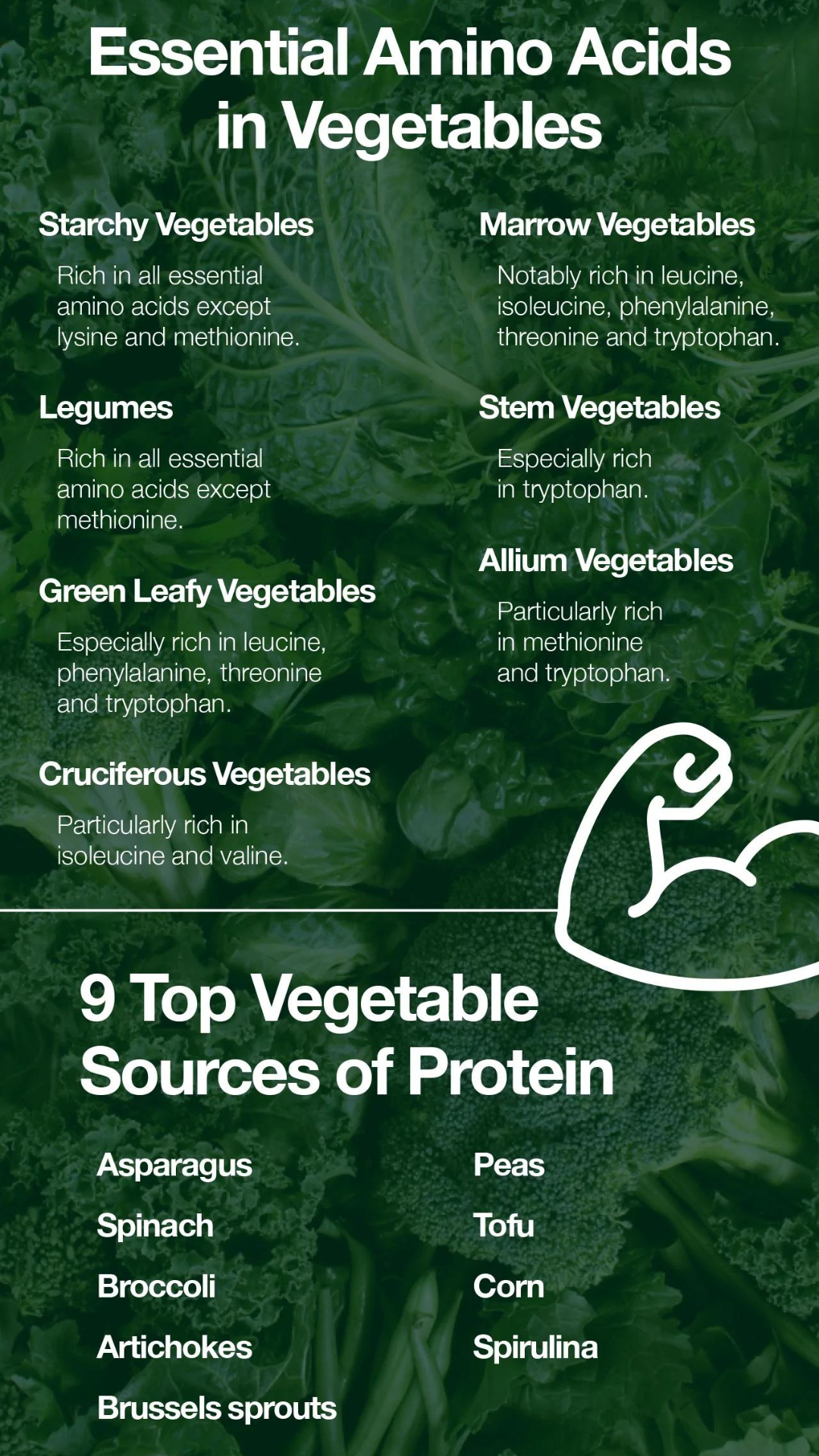Essential Amino Acids 101 – When and How To Take Them
This is why many bodybuilders and other fitness fanatics are big fans of taking amino acid supplements, to help support their bodies during workouts. There are three types of amino acids: Essential, Required, and Non-Essential.
Essential Amino Acids are those which cannot be produced by our body alone – we get them from food and diet, or supplements. There are 9 essential amino acids; including the BCAA’s which are perhaps the ones most people have come across.
The BCAA’s – Valine, Leucine and Iso-Leucine
Branched Chain Amino Acids – or BCAAs – are three out of the nine essential amino acids we need. They are Valine, Leucine and Iso-Leucine and they are different because they are delivered to and directly absorbed by our muscles.
The rest of the essential amino acids
- Histidine – supports the immune system and tissue repair and is important to help the body recover from illness.
- Lysine – also vital for the immune system and works with other amino acids to form collagen for healthy skin, hair and nails
- Tryptophan – works with the nervous system
- Methionine – helps to protect the body against substances as an antioxidant and supports hormone production
- Phenylalanine – supports the production of dopamine and adrenaline, works as anti-depressant in the body
- Threonine – supports the production of glucose and energy
Non-Essential Amino Acids
These are amino acids which can be produced by our body naturally, however when we exercise, the body can’t always keep up the required production so we need to take on more through our diet.
- Alanine – helps to regulate glucose production
- Glycine – works as a neurotransmitter for the retina, brainstem and spinal cord
- Aspartic Acid – a neurotransmitter for the nervous system
- Asparagine – supports the nervous system
Required Amino Acids
These can be produced by the body, but if the person is ill or undertaking intensive training, the amount the body produces might not be sufficient.
- Serine – supports metabolism
- Arginine – helps support the body to repair and heal after injury
- Tyrosine – supports cell signalling
- Proline – supports production of collagen for healthy skin, hair and nails
- Ornithine – helps to prevent fatigue
- Glutamine – helps to regulate kidney acidity
- Cysteine – supports the body’s enzyme reactions
Amino acids have a significant role in our bodies so keeping them balanced by taking supplements can provide a huge benefit – helping to promote muscle growth and supporting our immune system. Here are some of the other benefits of taking amino acid supplements:
- Prevention of muscle fatigue and support for muscle recovery
- Weight Loss
- Managing blood sugar levels
- Reduction of inflammation in the body
- Supporting the immune system function
- Improving fertility levels
What is the best way to supplement amino acids?
If you are exercising a lot, your body might not be able to keep up with the required amino acid production so taking a supplement could give your system the support it needs. Supplements can help your body build muscle, recover and lose weight better than if you didn’t take them. You can take the supplements as tablets or in a powder that you add to water to make a drink.
When should you take amino acid supplements?
The best time to take them is first thing in the morning, then pre-workout, post-workout and also again before bed. These times are to help them support your body to reduce muscle fatigue and increase muscle recovery.
You can take them any time and some are specifically designed to give you a pre-workout boost while others are aimed at supporting post workout recovery so you need to check the label to make sure you are taking the right one for your needs.
How do I choose which amino acid to take?
You need to understand that each amino acid supplement has a different function so you need to choose the one which best matches your personal requirements. If you are looking for support for muscle recovery, you’d need to go for Leucine and Glutamine.
If you want a workout boost then you would go for Citrulline Malate, AAKG and Beta Alanine. You can also buy blended supplements which contain a combination of different amino acids to support your body pre, post, or during a workout.
You can always ask for advice from a sports nutritionist or in the health shop where you are purchasing the amino acid supplement, to make sure you are choosing the right one for your particular needs as they all serve different functions within the body.

.png)


